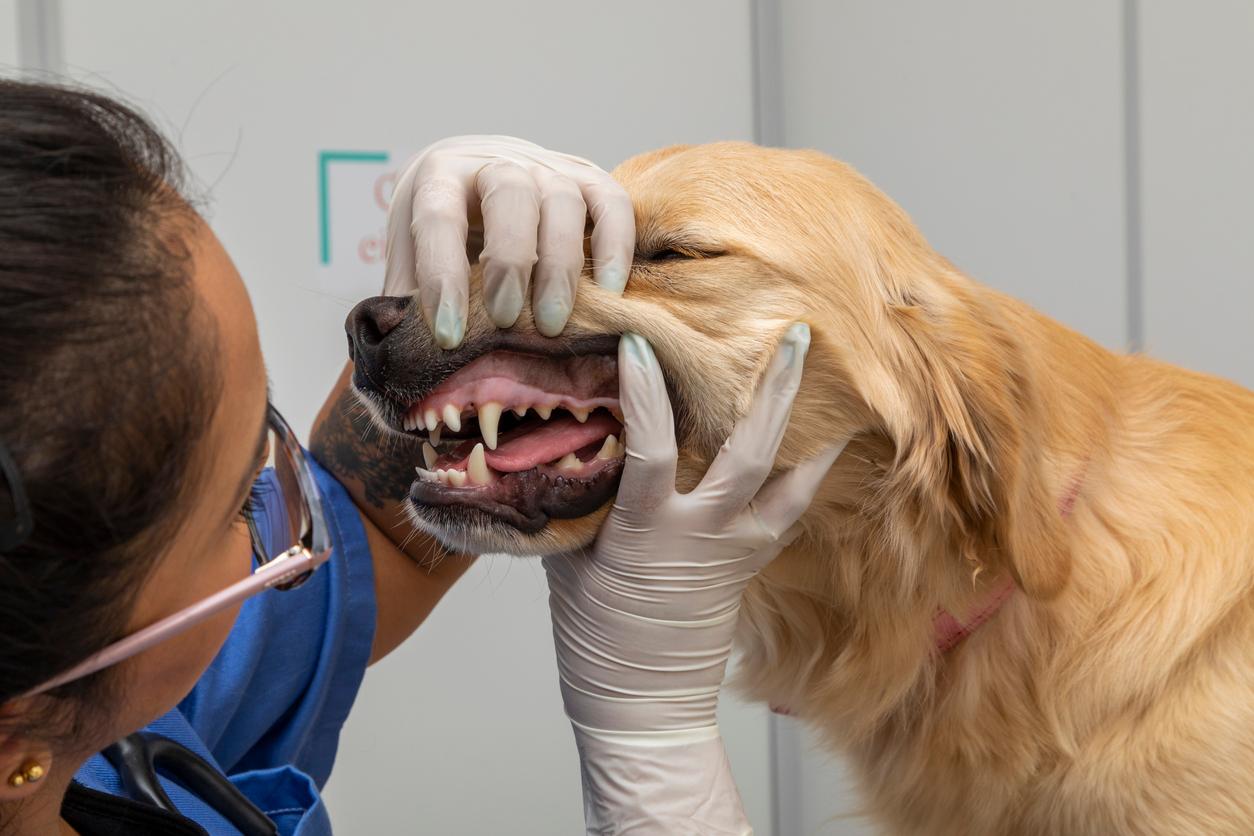If You Are Considering Giving Bully Sticks to Your Dog, Read This First
There are healthier and safer options on the market to indulge your dog's desire to chew things.
Published July 2 2024, 10:27 a.m. ET

Many dogs have an innate desire to chew things. Unfortunately, chewing on the sticks found in nature can pose hazards, leading dog parents and fosters to wonder if treats like bully sticks are indeed safe alternatives for dogs to chew.
While bully sticks may be affordable and accessible, as they are ubiquitous in pet stores, some vets believe they aren't the safest option for your pup.
There are many factors that influence whether a treat, chew toy, or surprise gift for your dog is a safe and healthy one. Before introducing a new treat for your pup, be sure to consult with both a veterinary professional and behaviorist to ensure you aren't unintentionally sabotaging your dog's well-being.

What are bully sticks made of?
According to MetLife Pet Insurance, bully sticks are a general term for a cow's penis that has been dehydrated and twisted into a stick-like shape, and sold as a dog chew toy. Many such cow-based products market themselves as single-ingredient beef chew sticks, and this this obscures the specific origin of the beef, which is the bull's genitals. Seriously.
Per MetLife Pet Insurance, bully sticks do not often splinter in the same way some other chew toys made from bone or other materials do.

Are bully sticks safe for dogs?
Because answers on the topic are mixed between reputable sources — including veterinarian professionals, pet insurance companies, and other trustworthy websites — Green Matters does not recommend dog parents give their dogs bully sticks due to the potential for unintended and undesirable consequences.
One authority on dog health, the American Kennel Club, believes bully sticks are a boon to your dog's dental health. Per the AKC, bully sticks are also easy to digest, and because they are sourced from a high-protein part of the bull, these sticks can supply amino acids that carry nutritional benefits.
The single ingredient claim, however, is dampened when choosing flavored bully sticks or those sourced from other animals.
Next, the real-life scenario: better alternatives to products are good in theory, but in practice, dogs, like humans, have preferences.
As one Redditor notes, alternatives to bully sticks didn't work for their dog. Whether it's a sensitive tummy, allergen to ingredients in other products, or a preference for the taste and texture of bully sticks, the alternatives didn't cut it, leading to the Redditor defying veterinarian recommendations and returning to the siren call of the bully stick.
However, the fact remains that each dog has varying health needs and may experience adverse reactions to bully sticks. Veterinarians, therefore, advise against bully sticks for some dogs with different health needs.

Why do vets not recommend bully sticks?
One reason veterinarians recommend against giving your dog bully sticks, per Daily Paws, is because they may be adding too many calories to your dog's diet, thus disrupting their daily nutrition needs and putting overweight dogs at a place of unnecessary risk.
Bully sticks might also pose choking hazards for some dogs. Additionally, bully sticks may unnecessarily expose your dog to the risk of bacteria infections, especially in bully sticks produced outside of the U.S., where manufacturing regulations are different.
For all of the hype from pro-bully stick sources regarding the easy digestibility and dental benefits of bully sticks, they may actually lead to dental problems in dogs without the strong teeth required to break down the tough substance.
As the Florida-based Barking Buddha Pet Products explains, bully sticks may also cause diarrhea and vomiting in some dogs, and the source of the protein in question may be very poor quality, leading to further unanticipated issues with your dog's health.